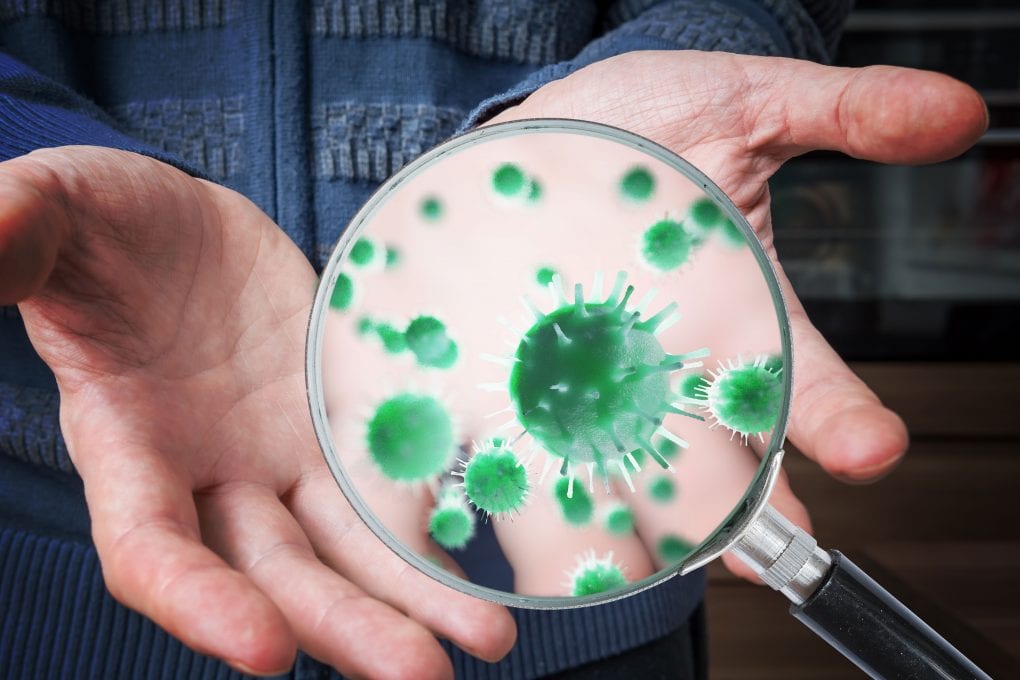With the recent media coverage of Coronavirus (COVID-19) as well as the social media response, it comes as no surprise that the myths and misinformation are spreading and gaining traction daily.
What started as a health outbreak has now become a pandemic of fear and a mass mentality of worst-case scenario. Whilst coronavirus is a serious health issue and should not be taken lightly, let’s look at some of the reasons you shouldn’t panic and how you can reassure those around you during this heightened state of emotion.
- We KNOW what the virus is
The virus was identified within seven days of the official announcement on 31st December, and then three days later, its gene sequence was known. AIDS, in contrast, took two years to identify. With experts knowing what the disease is, there is a wealth of information and resources to educate on the signs, symptoms and preventative measures we can take.
- Science know how to test and detect the virus
Three days after figuring out its gene sequence, scientists came up with a dependable and reliable test for COVID-19. They can now test and positively detect a person at risk allowing them to isolate and minimise the risk of transmission.
- The recovery rate is high
Currently, Australia does not have widespread community transmission of COVID-19. As at 17 March 2020, there have been 375 confirmed cases of COVID-19 across Australia and of those 375 confirmed cases, 5 have died. If you have a comprised immune system or a health condition, you can minimise your risk of infection by practicing safe hygiene, self-isolating and maintaining social distancing. To date, approx. 80% of confirmed cases across the world have shown mild symptoms with the individual making a full recovery.
- Vaccines and treatments are underway
By mid-February there were more than 80 trials underway based on similar methods to those already used for the likes of SARS, Ebola and Malaria which are already approved and have proven safe and effective.
- Hygiene makes a huge difference
We can help prevent the spread of Covid-19 by washing our hands thoroughly with soap and hot water and sneezing or coughing into tissues or your elbow rather than your hand. If soap and water are not readily available, use a hand sanitiser that contains at least 60% alcohol.
So, before you panic and start stockpiling things we don’t necessarily need (must we mention the toilet paper rush), do your research, subscribe to the World Health Organisation (WHO) updates and minimise your social media scrolling! Remember that the media may not always report the facts and that your reaction may also influence the reaction of those around you; stay calm, be prepared and importantly, don’t panic.
For more information, please visit: https://www.who.int/health-topics/coronavirus
By Emma Meldrum, Senior HR & Safety Officer

